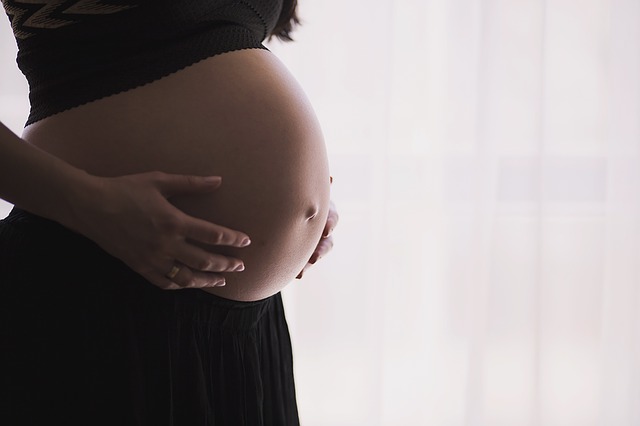JAMA: Pregnant women can transfer COVID-19 antibodies to newborns
- Aspirin: Study Finds Greater Benefits for These Colorectal Cancer Patients
- Cancer Can Occur Without Genetic Mutations?
- Statins Lower Blood Lipids: How Long is a Course?
- Warning: Smartwatch Blood Sugar Measurement Deemed Dangerous
- Mifepristone: A Safe and Effective Abortion Option Amidst Controversy
- Asbestos Detected in Buildings Damaged in Ukraine: Analyzed by Japanese Company
JAMA: Pregnant women can transfer COVID-19 antibodies to newborns
- Red Yeast Rice Scare Grips Japan: Over 114 Hospitalized and 5 Deaths
- Long COVID Brain Fog: Blood-Brain Barrier Damage and Persistent Inflammation
- FDA has mandated a top-level black box warning for all marketed CAR-T therapies
- Can people with high blood pressure eat peanuts?
- What is the difference between dopamine and dobutamine?
- What is the difference between Atorvastatin and Rosuvastatin?
- How long can the patient live after heart stent surgery?
JAMA: Pregnant women can transfer COVID-19 antibodies to newborns.
JAMA: Pregnant women can transfer the new coronavirus antibodies to their newborns and should consider vaccinating them.

According to Fox News, the JAMA Pediatrics published an article stating that pregnant women infected with the new coronavirus can transfer antibodies to their fetuses, which means that pregnant women receive the new coronavirus vaccine and newborns have protective antibodies after birth .
According to Dr. Scott Hensley, associate professor of microbiology at the Perelman School of Medicine in Pennsylvania and Dr. Scott Hensley of the Pennsylvania Institute of Immunology, this study collected data on thousands of blood samples from pregnant women and newborns.
Among them, 83 women had fairly high levels of antibodies to the new coronavirus. After their delivery, 87% of newborns’ cord blood samples also had high levels of antibodies.
IgG antibody is the most common type of antibody in the blood, it is easier to transfer through the placenta, and the level of this type of antibody in the newborn is comparable to that in the mother.
Another common type is the IgM antibody, which is larger in size and is common in the early stages of infection.
In this study, there was no such antibody in the neonatal cord blood samples. Newborns have the ability to produce antibodies by themselves.
The absence of IgM antibodies proves that the virus has not been infected through the placenta, which also means that the IgG antibodies in the blood are not synthesized by themselves, but from the mother.
The results of this study are consistent with the results of a report released in Singapore in December 2020, which stated that the children of five people infected with the new coronavirus contained antibodies against the virus at birth.
Hensley said that this study proved that antibodies against the new coronavirus can pass through the placenta of pregnant women with new coronavirus pneumonia, and this has also been observed in pregnant women with asymptomatic infections.
The concentration of antibodies in the blood of a newborn is similar to the concentration in the blood of the mother, and sometimes a little higher.
Pregnant women who are infected with the virus in the early stages of pregnancy pass more antibodies than those who are infected later.
Recently, the National Institutes of Health research pointed out that compared with ordinary people, pregnant women with new coronavirus pneumonia have a higher premature birth rate, severe disease rate, and mortality rate, and they need more protection.
If the formed antibodies can provide immunity for newborns, it will once again prove the necessity of vaccination.
At present, both the WHO and the US CDC say that pregnant women should be considered for vaccination against new coronavirus pneumonia.
The CDC pointed out that Moderna and Pfizer’s vaccines have not yet been approved for use by pregnant women. Both are vaccines made by genetic technology.
They do not contain inactivated viruses, and their genes will not enter the nucleus of their own cells, so they should not pose a risk. Of course, the actual risk is still unclear, after all, no genetic technology vaccine has ever been applied to pregnant women.
According to current information, the Moderna vaccine has not shown safety issues in experiments on pregnant mice, and Pfizer’s vaccine is still undergoing further testing for pregnancy medication.
JAMA: Pregnant women can transfer COVID-19 antibodies to newborns
(source:internet, reference only)
Disclaimer of medicaltrend.org
Important Note: The information provided is for informational purposes only and should not be considered as medical advice.



